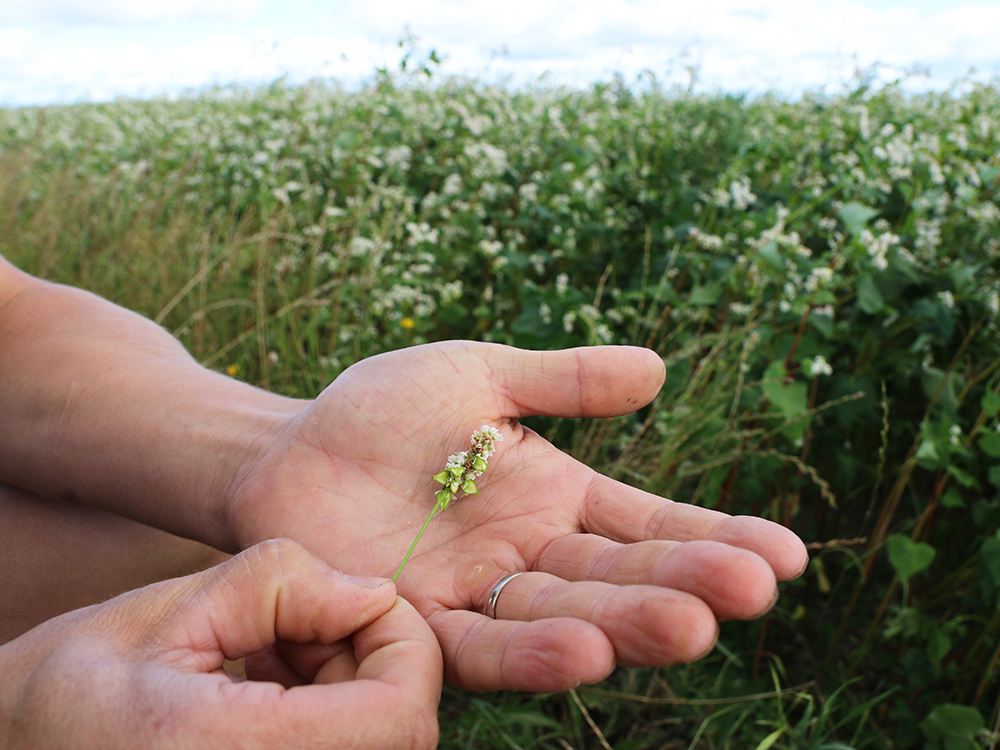Finland is the northernmost agricultural country of the European Union, as well as one of the world’s most northern countries where farming is practised. What is less widely known is that Finnish foods are among the tops when we talk about freedom from antibiotics and salmonella in food production, animal welfare, or matters such as low levels of pesticide residues.
The high quality of Finnish food is created in primary production, guaranteed by the good production practices where environmental issues and animal welfare are high priorities. Finland is one of the few European countries where debeaking, or beak trimming, of poultry is not allowed and where there has been a total ban under international law on cutting pigs’ tails already since 2003.
No salmonella, extremely low level of antibiotics
In international comparison the Finnish food chain is also the cleanest in terms of bacteria. Finland, as well as Sweden and Norway, are among the few countries where the salmonella situation is so good that the European Commission has granted us special guarantees: only meat and egg consignments that are free from salmonella may be imported to our country. Control for salmonella, carried out in cooperation between the producers and authorities, covers the whole Finnish food production chain from feedstuffs to the food industry. This is an outcome of decades of systematic and persistent work.
In the European countries the use of antibiotics and antimicrobial resistance are closely linked to each other. The levels of antibiotics used in Finland are among the lowest in Europe. Similarly, the resistance situation is very good: in Finland antimicrobials are still highly effective against bacteria.
Clean raw materials from clean nature
The cold and long winter and short growing period restrict agricultural production in Finland, but in terms of the raw material quality our geographically isolated and northern location has its special benefits as well. In international comparison Finland stands out with respect to the good animals and plant disease situation. The obvious advantage of the low incidence of plant diseases is that pesticides need to be used at much lower levels than in the large European food producing countries.
The impact of water and soil on the quality of foodstuffs extends all through the production chain. Finnish soil is one of the purest in Europe in terms of e.g. heavy metals, and based on fine particulate levels we have the cleanest air in the world. Freshwater resources relative to the population are among the most abundant in Europe, and agriculture accounts for only about 5% of the total water consumption.
Cold climate fortifies the positive health impacts of wild berries
The statistics also show that Finland has the world’s largest harvesting area for wild organic products, 11.6 million hectares, which represents 30% of the total area in the world where such products can be collected. Natural products, especially wild berries, are important raw material for the Finnish food industry. Finnish climate is cold, in mid-summer there we have 19 hours of daylight in southern Finland and in the north above the Arctic Circle the sun does not set at all. It is a scientifically proven fact that longer daylight hours increase the levels of health-promoting anthocyanins in wild berries. In many parts of Finland the levels of anthocyanins especially in wild bilberries are very high.
Source: Natural Resources Institute Finland
Statistical information by product categories on the levels of contaminants in Finnish food, medication of production animals and production practices in German, English, Swedish and Finnish is available on the Food Facts website of the Natural Resources Institute Finland. The main sources used by researchers for the website include the EUROSTAT, EFSA and OECD statistics. Besides the Finnish Food Safety Authority Evira and Natural Resources Institute Luke, Food Facts is based on national statistical data and expertise of other research institutes and public authorities, universities, associations and companies.
